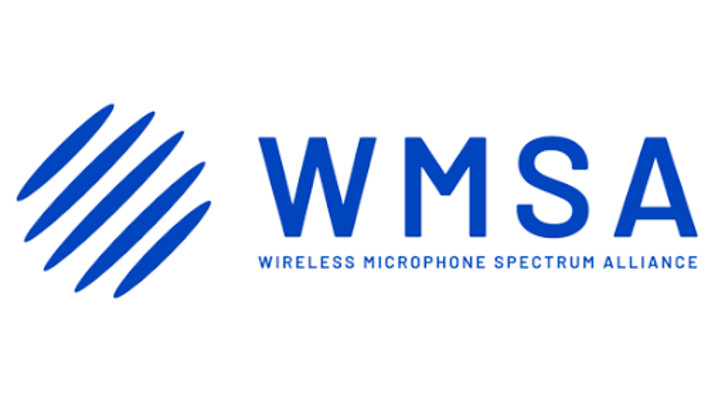Commissioner Clyburn sees 'great interest' from broadcasters in spectrum auction
The professional video industry's #1 source for news, trends and product and tech information. Sign up below.
You are now subscribed
Your newsletter sign-up was successful
FCC Commissioner Mignon Clyburn said if the broadcast incentive auctions are approached properly, “we should strengthen both the broadcast TV ecosystem and mobile wireless industries.”
In a recent speech to the Americas Spectrum Management Conference in Washington, Clyburn called the auctions a “lengthy process,” but said they are “an innovative, market-based tool, so that spectrum, currently used by TV broadcasters, can be repurposed for wireless broadband.”
The process, she said, will actually involve two auctions. “First, a reverse auction and, to me, the most important aspect of this auction is that it is voluntary,” she said. “That means TV broadcasters may, if it is in their interests, choose to submit bids to give up their spectrum rights in exchange for payment.
“Then, there will be a forward auction in which the surrendered broadcast spectrum is auctioned for flexible use. In September, the FCC officially launched the incentive auction process and released detailed recommendations for the auctions. The FCC also proposed a plan to use the 600MHz band for mobile and other wireless uses,” she said.
“While we don’t know exactly how much spectrum incentive auctions will free up, there has been great interest generated from broadcasters and wireless service providers. If we approach this opportunity properly, we should strengthen both the broadcast TV ecosystem and mobile wireless industries.”
She said the FCC plans to work closely “within the regions — and particularly with our neighbors to the north and the south — as we move forward with our incentive auction proposals. We are early in the U.S. process and can only benefit from regional input.”
Clyburn noted that in 2010, the FCC allowed unlicensed devices to access the unused spectrum, called “white spaces,” between broadcast TV channels.
The professional video industry's #1 source for news, trends and product and tech information. Sign up below.
“In our recent incentive auctions proceeding, the FCC proposed building on this innovation by ensuring that a significant amount of unlicensed spectrum will be available everywhere across the country, and for the first time, on a consistent, nationwide basis,” she said.
“Expanding the availability of unlicensed spectrum will help increase the chance that Americans who live in low income rural and urban areas will have affordable, competitive options, for mobile broadband service. In addition, this proposal could provide an extraordinary new platform for next-generation Wi-Fi, greater machine-to-machine connectivity and other innovations.”
She also called for smart policies with regard to the structure of the wireless industry. “These policies include promoting competition, encouraging investment and deployment of towers and other infrastructure that companies need to offer wireless services. The FCC has long promoted competition, which forces carriers to innovate, and get the absolute most out of the spectrum and equipment that they have.”
She said the FCC conditions or blocks deals that are anticompetitive, or otherwise inconsistent, with the public interest. But, she said, the commission has also approved more than 1000 spectrum license transfers, and reduced the amount of time it takes, to review secondary market spectrum transactions. “We’ve done this because a healthy, pro-growth spectrum policy requires facilitating efficiency-enhancing deals,” she said.
